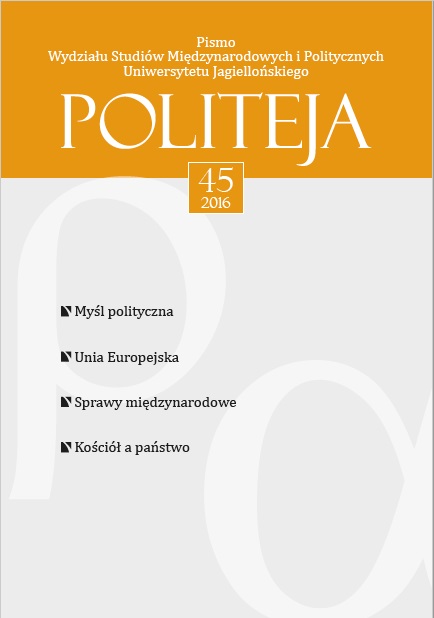The Interaction between the Church and the State (Not) to the Letter: The twists and turns of preparing agreements between the Holy See and the Republic of Lithuania and some aspects of their implementation from the perspective of the Church
The Interaction between the Church and the State (Not) to the Letter: The twists and turns of preparing agreements between the Holy See and the Republic of Lithuania and some aspects of their implementation from the perspective of the Church
Author(s): Paulius SubačiusSubject(s): Politics / Political Sciences, Politics, Theology and Religion
Published by: KSIĘGARNIA AKADEMICKA Sp. z o.o.
Keywords: Catholic Church; concordat; agreements; political elite; interest groups
Summary/Abstract: Soon after the restoration of Independence in 1990, The Act for the Restitution of the Status of the Catholic Church in Lithuania was adopted, which declared cooperation between the State and the Church on the basis of parity. A difficult search for consensus between the bishops and changeable negotiations with secular authorities lasted ten years and the process was reinitiated three times until finally, in 2000, three agreements between the Holy See and the Republic of Lithuania were signed. Having been granted access to the current archives of the Lithuanian Bishops’ Conference and the archdioceses for the first time, the author of the present article aims to reconstruct the course of preparation of the agreements from the perspective of the Church. It is revealed how the agreement that had to regulate the restitution of Church property was completely rejected. While discussing the fifteen-year experience of the integration of ratified acts into the Lithuanian legal system and administrative practice, the author asserts that they made a wider impact on civic power and the development of democracy than their direct function would allow us to imagine. The understanding that the Church and the State had a common aim – welfare of person – led the Catholic community itself to greater openness and a positive interaction with other agents of society.
Journal: Politeja - Pismo Wydziału Studiów Międzynarodowych i Politycznych Uniwersytetu Jagiellońskiego
- Issue Year: 13/2016
- Issue No: 45
- Page Range: 335-354
- Page Count: 20
- Language: English

